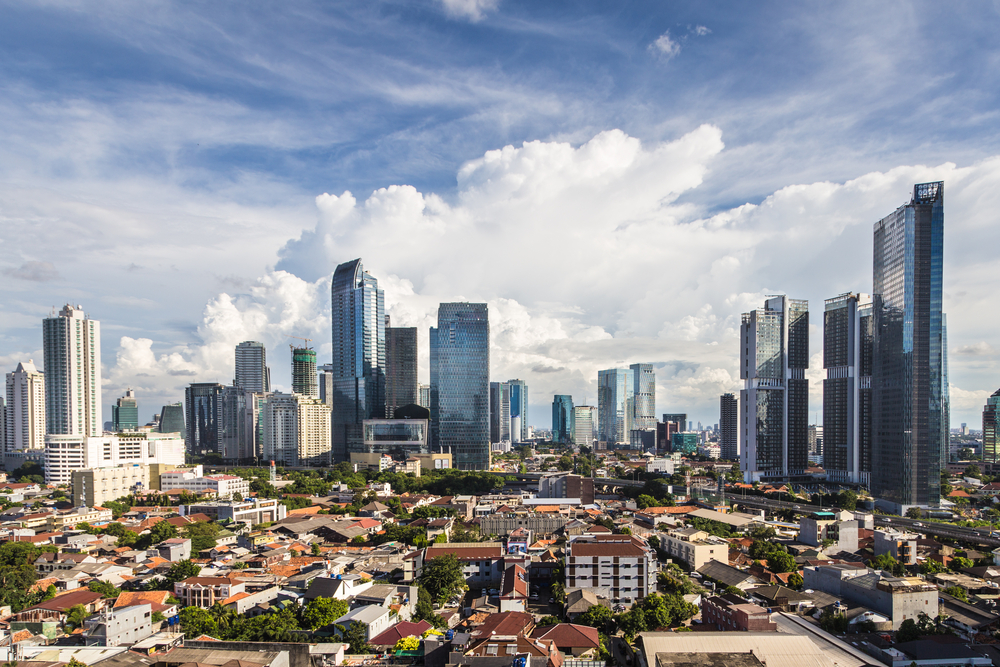How the world’s largest green industrial park—together with e-vehicles—will boost Indonesia’s economy
The country’s vast renewable energy sources can reduce domestic maritime emissions and achieve its goal of reducing GHG emissions by 2030

ANTARA News reported that Indonesia’s National Development Planning Ministry noted that there was an improvement in the country’s green economy performance, particularly the composite of economic and social indices.
Meanwhile, the low share of new and renewable energy and the rate of degraded peatlands put the environmental aspect at the bottom of the composite index. While it has somewhat improved, there is a lot to work on because of the advantages that the country can get out of it.
Medrilzam, the environmental director at the National Development Planning Ministry, emphasised that developing low-carbon, climate-resilient economy presented many opportunities, such as the creation of green jobs, decarbonisation of urban areas, and the regulation of carbon trading.
More: Indonesia’s economy stays afloat despite global challenges
President Joko Widodo mentioned in his State of the Nation address that Nusantara, an emerging electric vehicle ecosystem, and becoming the world’s largest green industrial park will boost Indonesia’s economy.
According to The Australian Financial Review, he also focused on the country’s success in attracting advanced manufacturing and boosting steel production.
“Indonesia has become the key producer of lithium batteries in the global supply chain,” he said. “Electric vehicle manufacturers from the Asian and European countries, as well as the United States, have invested in Indonesia. Besides nickel, the government will also encourage down-streaming of bauxite, copper, and lead.”
In terms of shipping, the World Economic Forum said that Indonesia is slated to be a key leader and beneficiary of sustainable shipping. The country’s vast renewable energy sources can reduce domestic maritime emissions and achieve its goal of reducing GHG emissions by 29 to 41 percent by 2030.
Despite the slow growth of the global economy, Indonesia emerged from the pandemic with strong economic fundamentals. GDP went up 5.44 percent in Q2 2022 and the trade balance has been in surplus for more than two years.
The Property Report editors wrote this article. For more information, email: [email protected].
Recommended
Why everyone is moving to Selangor and Johor: Malaysia’s real estate comeback
Malaysia’s upturn in fortunes is especially prevalent in secondary destinations such as Selangor and Johor
Penang’s silicon boom: How the US-China tech war is supercharging local real estate
Penang’s booming semiconductor industry has created ripples within the local real estate sector
New leader, new opportunities: How Hun Manet is shaking up Cambodia’s real estate game
Hun Manet is overseeing decent economic growth and widening access to the country’s real estate market for foreigners
Singapore embraces inclusive housing reforms amid resilient demand
The Lion City’s regulatory strength continues to exert appeal for international investors








